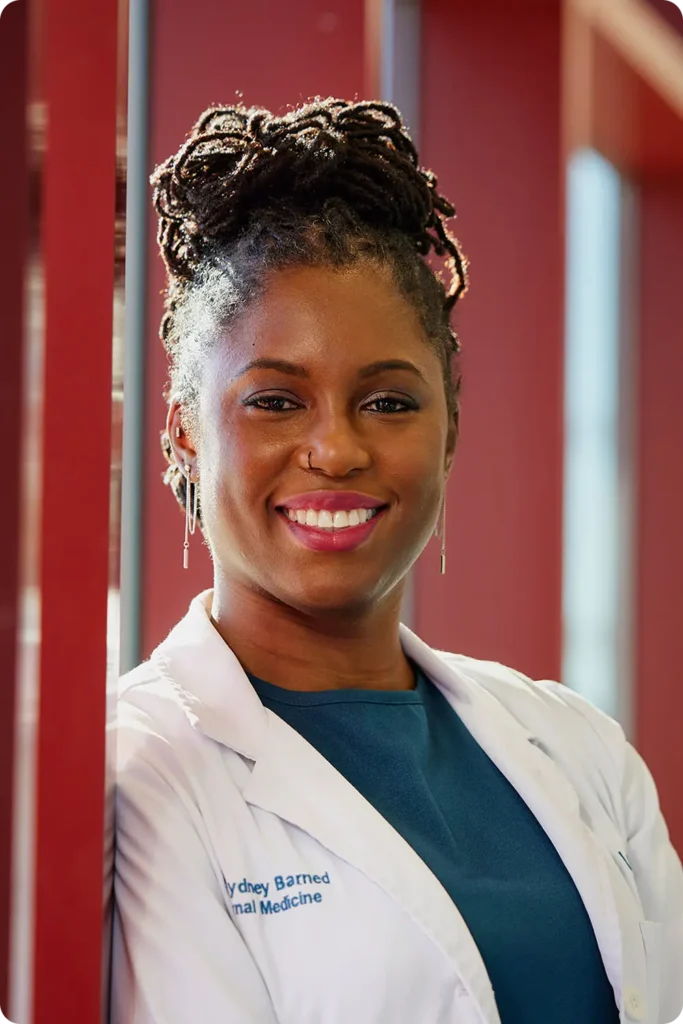
Lung Cancer Patient Advocate & Medical Doctor
Lung Cancer Patient Advocate & Medical Doctor

The name “DrYolaOLO” perfectly blends my personal identity with a powerful life philosophy.“DrYola” comes from my middle name, Yolande, making it a true reflection of who I am. Adding “OLO” plays off the famous “YOLO” – You Only Live Once.
It’s all about living life to the fullest and being the best you can be in everything you do.“DrYolaOLO” is a mix of personal authenticity and a dynamic, optimistic outlook, encouraging everyone to shine their brightest in everything they do.

ADVOCACY QUICK TIPS

ADVOCACY QUICK TIPS
Some patients & caregivers may become worried that they don’t have enough information — especially with a disease that might leave you with questions — while others might feel overwhelmed.
Here a few key questions you can ask:
Your relationship with your doctor will be a crucial one. You want to make sure you trust your care team and feel comfortable discussing your concerns, thoughts and needs with them.
Here are a few key guidelines for picking the right doctor for you:
You can't navigate a cancer diagnosis and treatment alone.
Your loved ones will want to be there for you, and sometimes you might need to ask them for guidance and assistance.
Make sure you communicate exactly what you need to avoid any conflict or miscommunication.
You can advocate for yourself by taking the time to understand what's happening to your body. You can also take steps to learn about your prognosis so you can make the necessary plans.